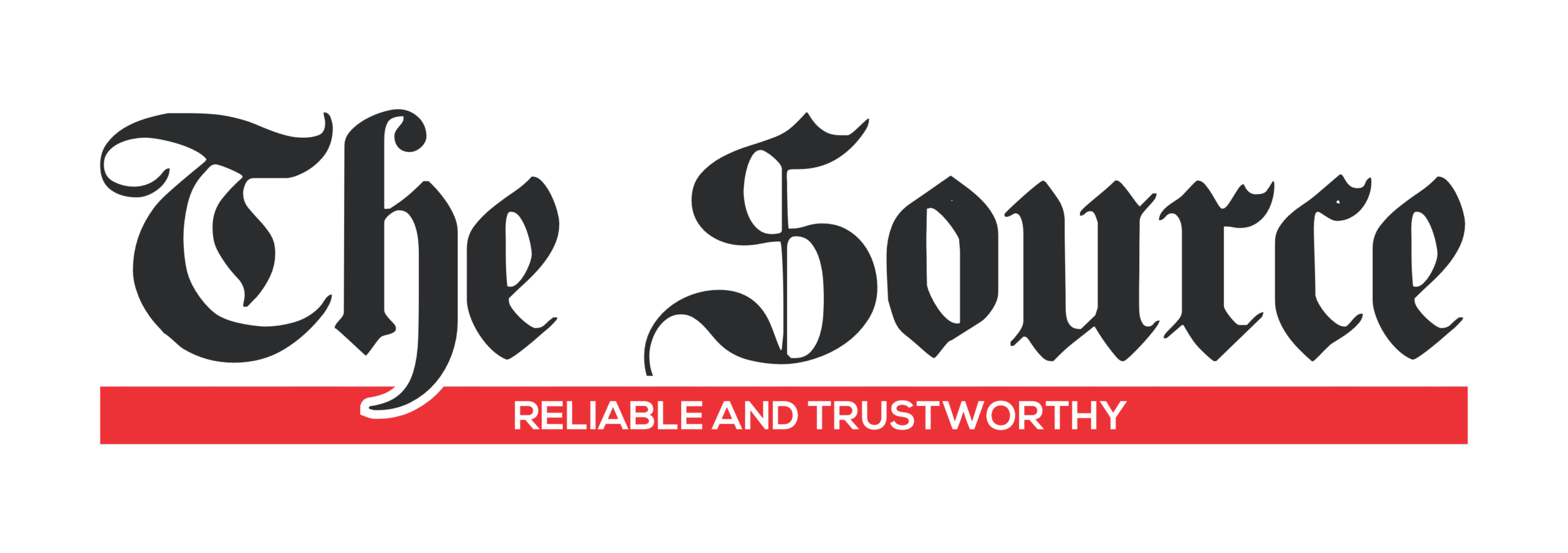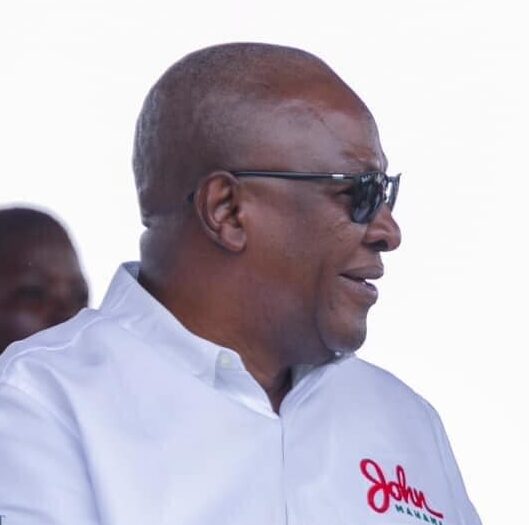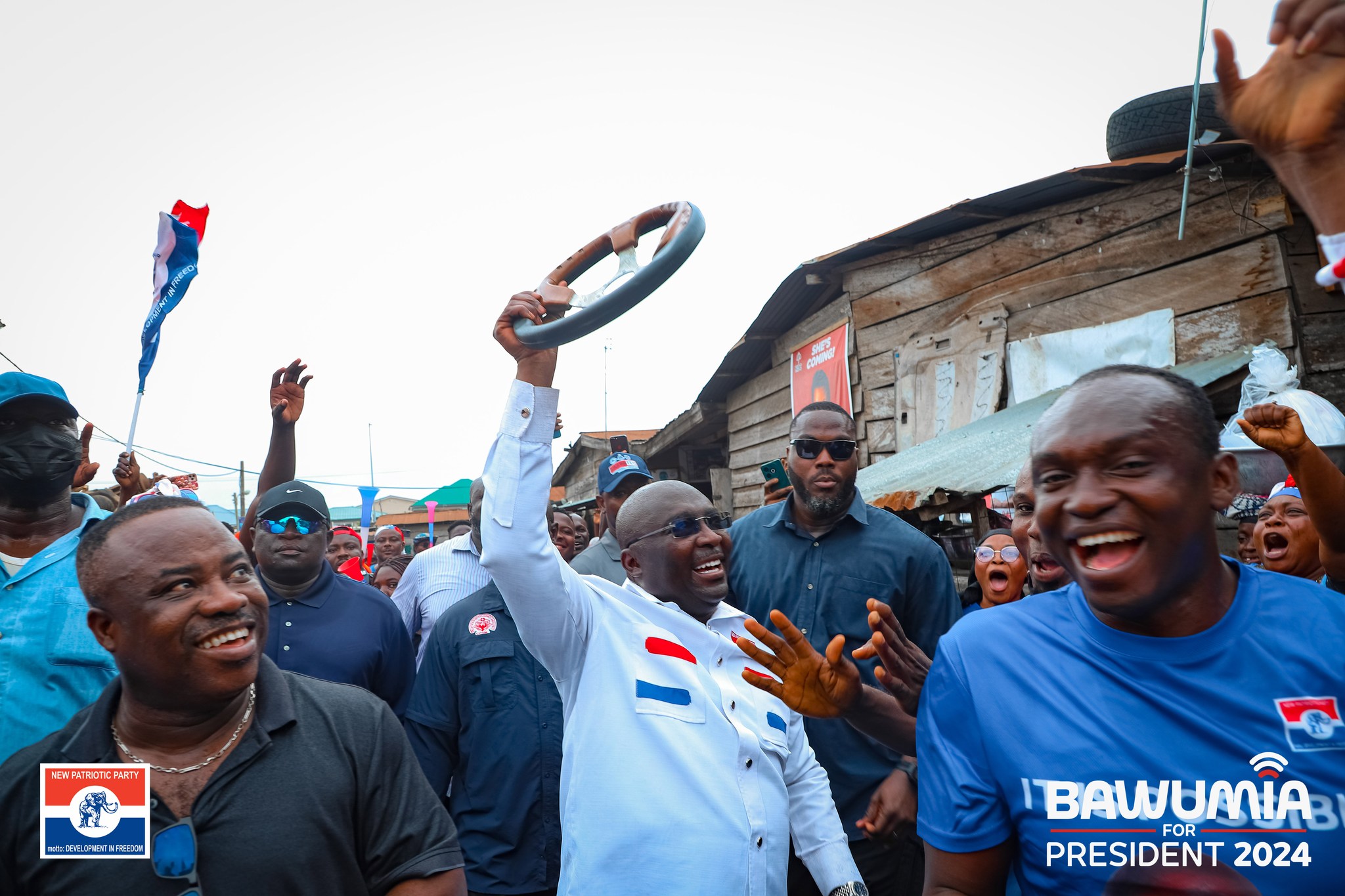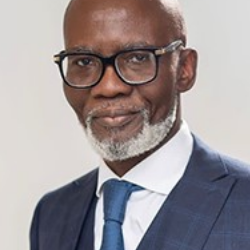The Institute of Progressive Governance (IPG) has chided the National Democratic Congress (NDC) for deluding itself into thinking that it left a robust economy in 2016. In a statement to the media, IPG explained that it is an insult to Ghanaians for NDC to indicate in its 2024 Manifesto that it left a very robust economy.
“NDC inherited an economy growing at 9% in 2008, leaving it growing at 3.4% in 2016. Ironically, instead of apologising to Ghanaians and probably promising to do better next time when given another mandate, the party is disingenuously hiding behind the prevailing economic downturn to suggest that it left a robust economy in 2016” according to IPG.
On page 14 of the abridged version of its 2024 manifesto, NDC claimed: “Delivered a sound economy marked by a sustainable public debt with a debt-to-GDP ratio of 55.6%, a stable credit rating of B-, a low budget deficit of 6.1%, a declining inflation rate that hovered around 15%, a stable currency with a depreciation rate of 9%, a booming industry sector and manufacturing sub-sector that grew by 4.3% and 7.9% respectively, a vibrant construction sector that was growing at 8.4%, a relatively low single-digit unemployment rate of 8.4%, with the IMF and Economic Intelligence Unit projecting economic growth of over 8% for 2017”.
Most of the above claims made on the economy by NDC are very exasperating, unfortunate, and misleading! The NDC picked up an economy rated by the Standard and Poor on the 3rd of January 2009 at B+ (with a Negative Outlook).
The persistent loss of confidence in the economy by the global market players on the back of intractable fiscal slippages and over-borrowing led to an incessant downgrading of the economy. Under the last NDC administration, the Ghanaian economy never moved up a grade; Ghana’s best result was just a mere positive change in an outlook (for example, what the country experienced on the 1st of November 2015), the statement further indicated.
“The economy was rather downgraded from grade B+ (under Kufour) to grade B (under Mills) and later to grade B- (under Mahama) (see Table 1). Economic advisors of NDC should come again on the claim that ‘we left an economy at a stable credit rating of B-’. That is disingenuous and an insult to Ghanaians”.
| Date | Grade | Outlook |
| 9/1/2003 | B+ | Stable |
| 11/1/2005 | B+ | Stable |
| 4/1/2006 | B+ | Stable |
| 3/1/2009 | B+ | Negative |
| 8/1/2010 | B | Stable |
| 12/1/2013 | B | Negative |
| 10/1/2014 | B- | Stable |
| 1/4/2015 | B- | Negative |
| 1/11/2015 | B- | Positive |
| 9/1/2018 | B | Stable |
| 4/1/2020 | B | Negative |
| 9/1/2020 | B- | Stable |
| 8/1/2022 | CCC+ | Negative (Junk Status) |
Source: From the various issues of the Ghanaian Budget Statements
Estimating with 2006 constant prices, the debt-to-GDP ratio was 182% in the year 2000. Therefore, using the West African Monetary Institute’s maximum debt sustainability threshold of 70% of GDP, it is clear that Ghana was in a serious debt crisis in 2000.
The country became a good candidate for the League of Heavily Indebted Poor Countries (HIPCs) and by 2006, after massive debt reliefs, the debt-to-GDP ratio had declined to 26%. It however went up again to 32% in 2008.
Unfortunately, it continuously went up through the years to hit 71% in 2014! It was 72.8% in 2015 and 73.1% in 2016! Therefore, the country was in a debt crisis during the last three years of former President Mahama’s administration, the statement elaborated.
In the year 2018, the Ghanaian economy was rebased and Ghana Statistical Service switched from 2006 constant prices to 2013 constant prices. As a result, the economy became 24.2% bigger, and debt-to-GDP ratios became relatively smaller.
For instance, the debt-to-GDP ratio of 73.1% (2006 constant prices) 2016 became 55.9% (in 2013 constant prices). However, in reality (without being disingenuous), NDC should tell Ghanaians that it inherited a debt-to-GDP ratio of 32% and plunged the country into a debt crisis from 2014 through to 2016 (ending with a debt-to-GDP ratio of 73.1%). This was actually the true state of the economy that had to run to IMF in April 2015 for international credibility!
“The logic that NDC left a debt-to-GDP ratio of 55.6% in 2016 is not too sound! In no time, Ghana Statistical Service will rebase the economy again and as usual, GDP will become bigger to trigger a decline in the prevailing debt-to-GDP ratios.
“Ghana cannot go back to IMF to show the new figures on debt to suggest that there was no need for the extended credit facility arrangements it entered into with the Fund in May 2023. Manifesto writing is a serious political business. It must not have any place for propaganda!!” the IPG statement admonished.






